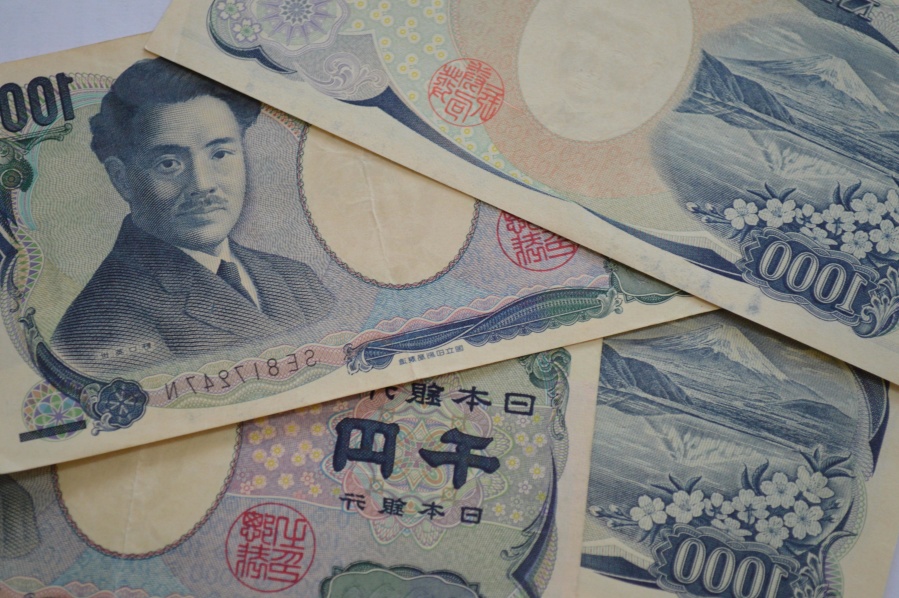Analysts interviewed by Reuters on average predicted a decline of only 0.2% in annual terms.
Growth is expected to resume in the current quarter, as world trade and Japanese exports are gaining momentum once again.
Earlier, Japan's economy grew for eight consecutive quarters. This is the longest period of growth since 1989. According to the revised data, in Q4 2017, GDP growth was 0.6% in annual terms, not 1.6%, as previously reported.
External demand - or exports minus imports - added 0.1 percentage points to GDP in the first quarter.
The growth in exports slowed to 0.6% in the first quarter from 2.2% in the fourth quarter.
Capital investments decreased by 0.1%. The decline was recorded for the first time in six quarters. The data indicate that corporate investment is not as strong as expected. Analysts on average predicted an increase of 0.4%.
The volume of personal consumption remained at the level of the previous quarter, as analysts assumed.
Industrial production in Japan increased by 2.4% in annual terms in March. Preliminary assessment of growth was 2.2%.
The disappointing data for the first quarter remind of the difficulties faced by the Bank of Japan, continuing its long efforts to achieve 2% inflation, Bloomberg reports. Domestic demand remains weak, even given the temporary factors that put pressure on consumption in the first quarter, including unusually bad weather.
A summary of the opinions of the April meeting participants indicates that the Bank of Japan will continue its current monetary policy course.
At this meeting, the regulator rejected the wording about when the target inflation rate is expected to be achieved. Head of the Bank of Japan Haruhiko Kuroda said at a press conference following the meeting that the central bank will continue to soften "very aggressively."
source: reuters.com
Growth is expected to resume in the current quarter, as world trade and Japanese exports are gaining momentum once again.
Earlier, Japan's economy grew for eight consecutive quarters. This is the longest period of growth since 1989. According to the revised data, in Q4 2017, GDP growth was 0.6% in annual terms, not 1.6%, as previously reported.
External demand - or exports minus imports - added 0.1 percentage points to GDP in the first quarter.
The growth in exports slowed to 0.6% in the first quarter from 2.2% in the fourth quarter.
Capital investments decreased by 0.1%. The decline was recorded for the first time in six quarters. The data indicate that corporate investment is not as strong as expected. Analysts on average predicted an increase of 0.4%.
The volume of personal consumption remained at the level of the previous quarter, as analysts assumed.
Industrial production in Japan increased by 2.4% in annual terms in March. Preliminary assessment of growth was 2.2%.
The disappointing data for the first quarter remind of the difficulties faced by the Bank of Japan, continuing its long efforts to achieve 2% inflation, Bloomberg reports. Domestic demand remains weak, even given the temporary factors that put pressure on consumption in the first quarter, including unusually bad weather.
A summary of the opinions of the April meeting participants indicates that the Bank of Japan will continue its current monetary policy course.
At this meeting, the regulator rejected the wording about when the target inflation rate is expected to be achieved. Head of the Bank of Japan Haruhiko Kuroda said at a press conference following the meeting that the central bank will continue to soften "very aggressively."
source: reuters.com





